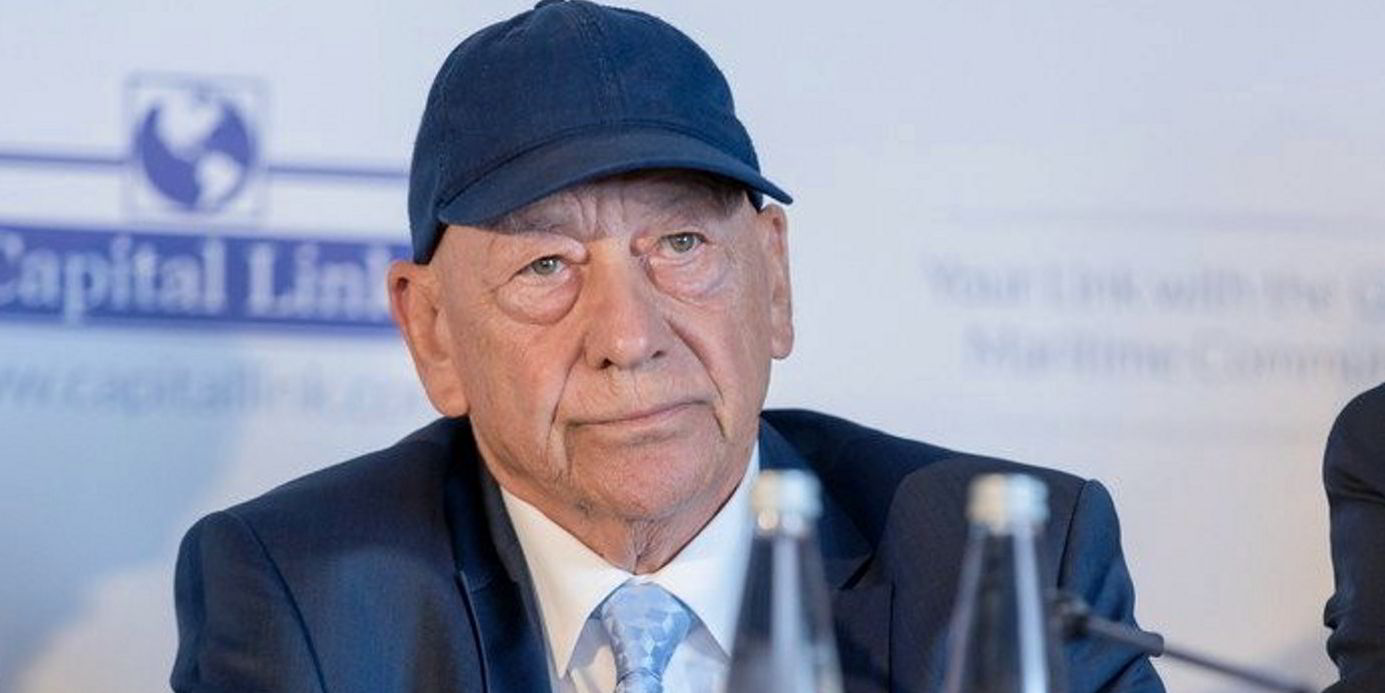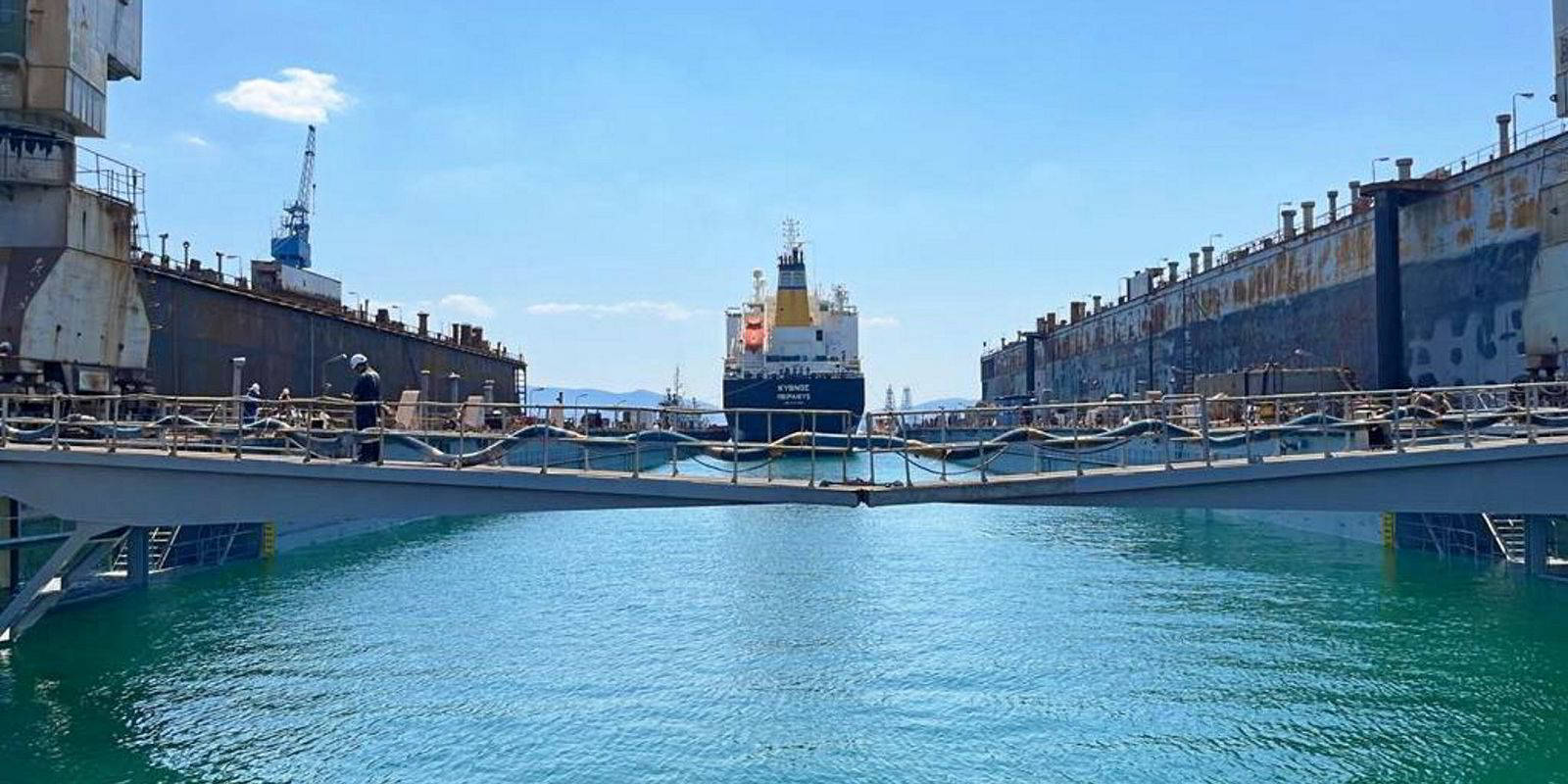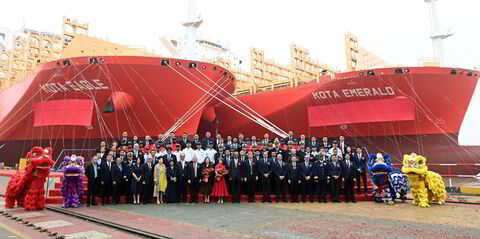Newbuildings are not George Procopiou’s only great shipping gamble.
The major Greek owner has created far bigger headlines within his own country with a different kind of venture: his role as a white knight at Hellenic Shipyards, better known as Skaramangas.
In an emblematic move back in 2021, Procopiou placed the winning €62.5m ($67.3m) bid in a state tender for the moribund shipbuilder originally founded by shipping legend Stavros Niarchos in the 1950s.
Reflecting the slow pace in which Greek bureaucracy works, it took three years to finalise the deal and get the business up and running.
Jobs started flowing in this year. Among the first ships to dock at the facilities west of Athens were two big Thenamaris tankers, the 157,700-dwt Seagrace (built 2022) and 114,000-dwt Seasprite (built 2015).
For the moment, dry-dock, maintenance and repair work is the name of the game at Skaramangas. However, Procopiou has bigger plans.
“It’s not my dream to be welding metal sheets on old vessels,” he told Greek state television.
Procopiou is not the only Greek shipyard player thinking big.
Another is ONEX Group, a New York-based company that has managed to turn around another two Greek shipyards teetering on the verge of collapse — Neorion and Elefsis.
New management under ONEX Group boss Panos Xenokostas has brought in 500 ship repair jobs in the five years the company has been fully up and running.
Shipbuilding competition
Procopiou and ONEX are looking to eventually expand into shipbuilding, but both have their work cut out.
Turkish shipyards will continue to be a formidable competitor in the region. Not only are they close by and have an established track record but they lure customers with about 30% to 40% lower prices.
There is also competition at home. As part of its big investment into the Piraeus Port Authority, Chinese giant Cosco is running its ship repair facilities around the traditional, small-scale ship repair cluster of Perama, west of Piraeus.
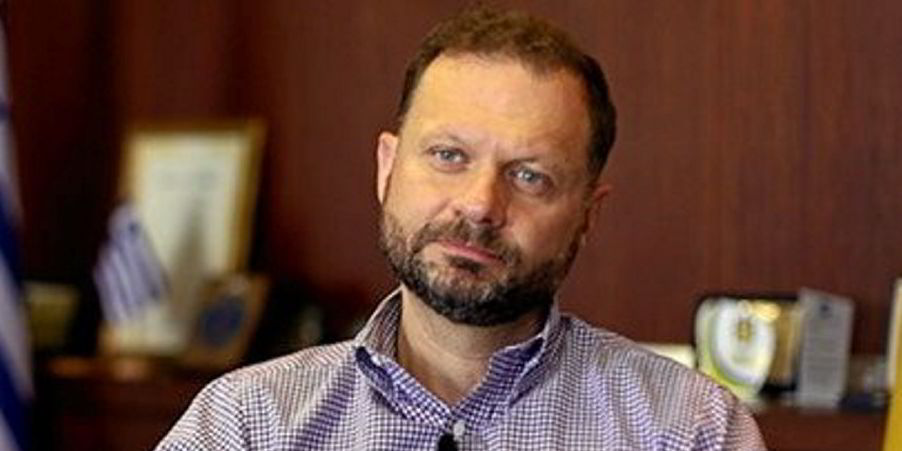
Another potential avenue for growth for the two new ventures is military contracts.
Helped with funds provided by US-controlled lender Development Finance Corp, ONEX has already teamed up with Italy’s Fincantieri in the hope of eventually building corvette missile ships for the US Navy and Hellenic Navy.
Commercial shipbuilding opportunities seem available as well.
Attica Group, Greece’s biggest ferry company, signed a tentative agreement in December to carry out the environmental upgrades of its ships at ONEX yards.
However, under the 10-year deal, Attica also pledged to use ONEX facilities if it contracts newbuildings.
Securing European Union subsidies may be the catalyst for such shipbuilding.
The local shipyard industry hopes to secure some part of the multibillion-dollar programme the European Union forks out to finance the bloc’s green transition.
In this context, it is probably not a coincidence that Procopiou recently appointed Miltiadis
Varvitsiotis as chairman of Hellenic Shipyards.
A former shipping minister and deputy foreign minister in charge of European affairs, Varvitsiotis knows his way around Brussels and has the political connections to ensure the company gets its fair share of any public funding for European shipbuilders.
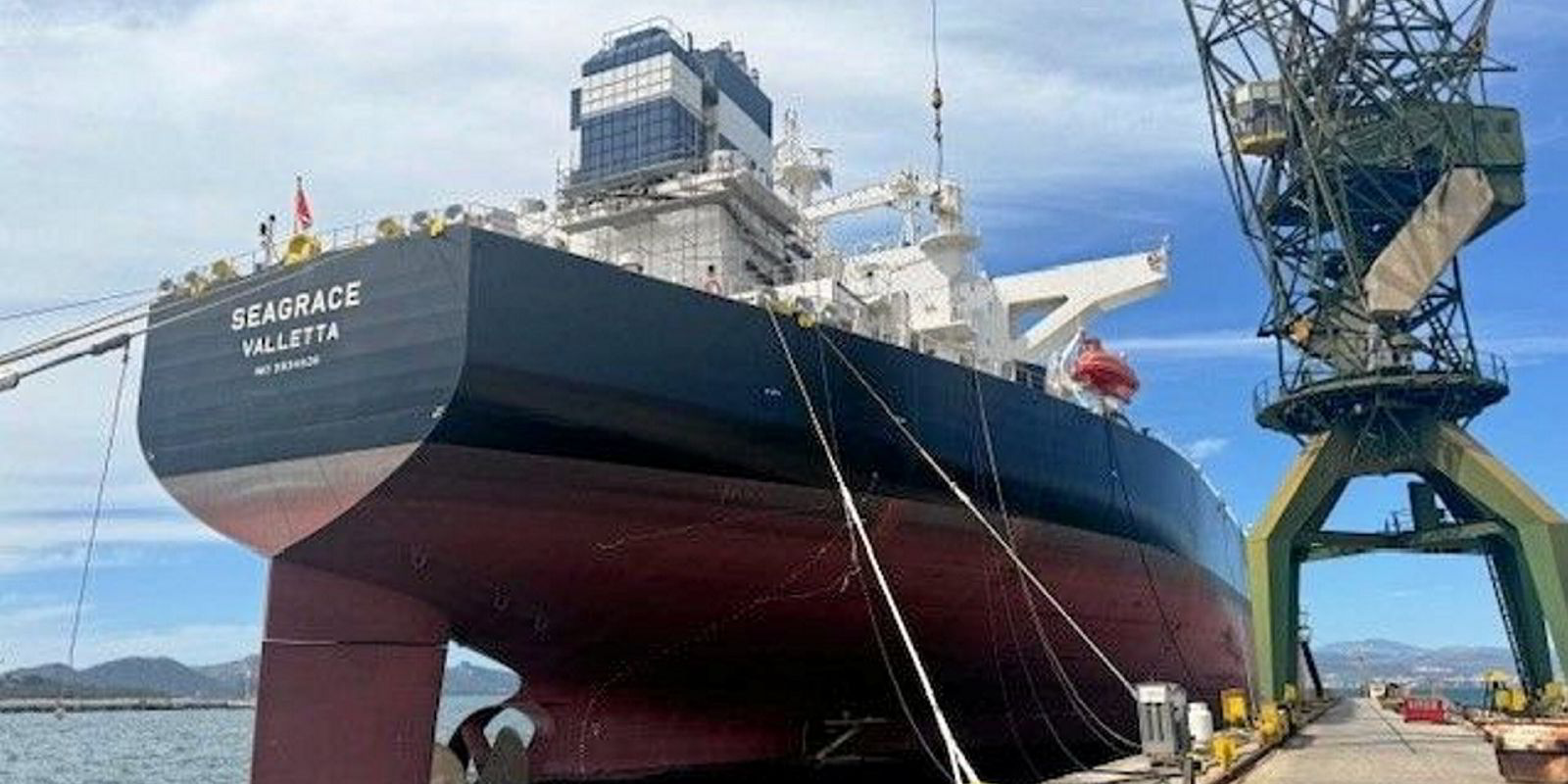
The EU, on the whole, has been a mixed blessing for the shipbuilding industry.
Skaramangas, Neorion and Elefsis struggled with soaring labour costs after Greece joined the eurozone in 2001, eroding their competitiveness with rivals in neighbouring Turkey and the Balkans.
Frequent labour unrest also hurt them, scaring away the few international clients prepared to give them business.
Strict EU state aid rules and Greece’s crippling sovereign debt crisis made things even worse, hampering the government from keeping yards afloat through navy contracts.
However, the economic crisis, record unemployment and depressed wages spurred Greece to soften labour laws to make shipyards profitable again.
Another option to make money through the shipyards could be via property deals. Procopiou, who once described real estate as his profession and shipping as his hobby, may have found a new way to combine business with pleasure.
